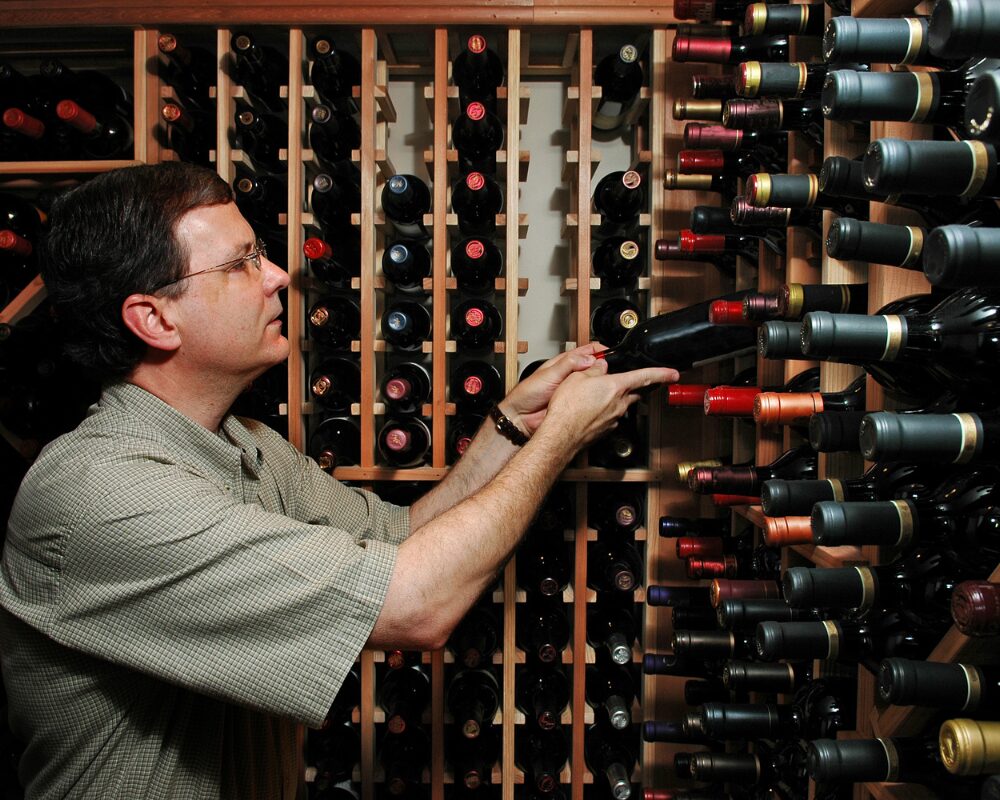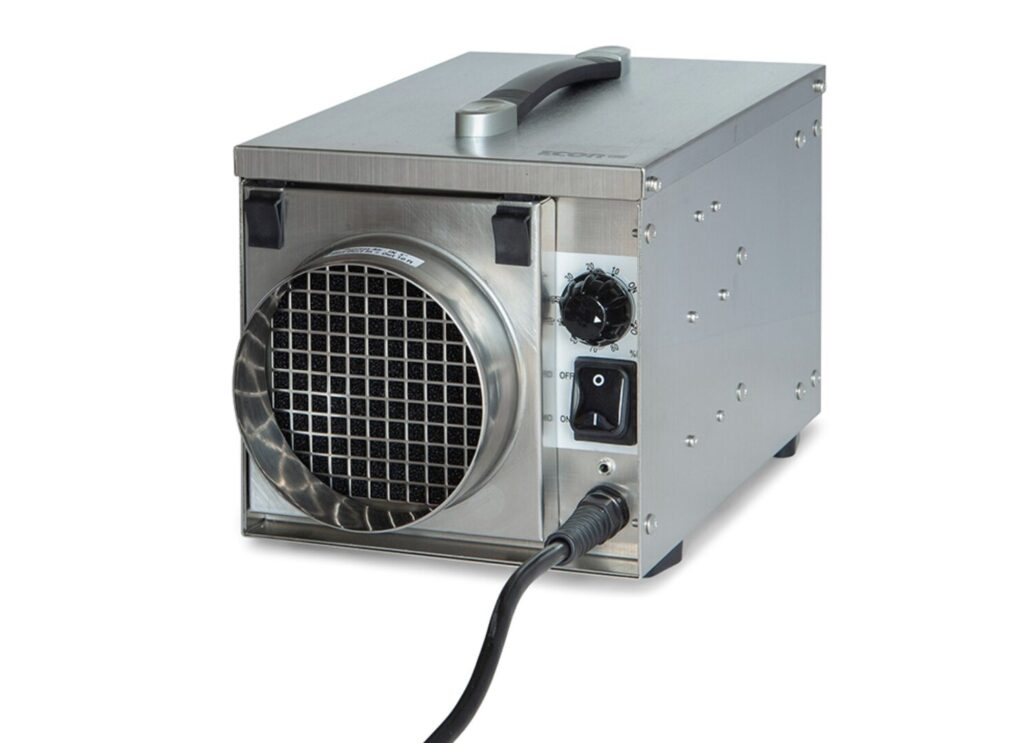
Why Winemakers And Wineries Need Dehumidifiers: Preserving Quality and Enhancing Production
Top 10 Reasons Why Winemakers & Wineries Need Dehumidifiers
By: Brothers Equipment & Supply
Winemaking is a craft that dates back thousands of years, combining art with precise science.
One crucial aspect of ensuring the quality of wine is controlling the cellar environment, especially humidity levels. Dehumidifiers play a vital role in this process.
Here’s why every winemaker should consider using a dehumidifier, along with insights into how humidity affects wine quality, the best dehumidifiers for winemakers, and answers to frequently asked questions.
Preventing Mold and Mildew: High humidity is conducive to the growth of mold and mildew, which can spoil the wine’s flavor and damage corks and labels.
Protecting Cork Integrity: Proper humidity levels prevent corks from drying out and shrinking, which can allow air into bottles and lead to oxidation.
Maintaining Label Quality: Humidity can cause labels to peel off or degrade, affecting the aesthetic appeal and value, especially for collectors.
Enhancing Barrel Longevity: Excess moisture can cause wooden barrels to rot, while too little can dry them out, both of which can affect the wine’s aging process.
Optimizing Aging Conditions: Consistent humidity helps maintain the wine’s quality during the aging process, ensuring better flavor development.
Preventing Oxidation: By keeping corks intact, dehumidifiers help prevent excessive oxygen exposure that can alter the taste and spoil the wine.
Improving Air Quality: Good air quality is crucial in a winery, and dehumidifiers help by reducing airborne pollutants and potential contaminants.
Energy Efficiency: Modern dehumidifiers can help maintain optimal conditions efficiently without overburdening cooling systems.
Reducing Pest Intrusion: A dry environment is less attractive to pests that can damage the grapes and vineyard equipment.
Enhancing Workspace Comfort: For those working in the winery, a dehumidified space is more comfortable and healthier.
The Side Effects On The Quality Of Wine Without Dehumidifiers

Mold Growth: Mold not only damages structural elements but can also impart a musty taste to wine.
Cork Damage: Ineffective corks can lead to leakage and spoilage, significantly reducing a wine’s shelf life.
Oxidation: Without proper sealing due to cork failure, wine may oxidize prematurely, leading to altered flavors.
Label Damage: Damaged labels can decrease the marketability and collector value of wines.
Structural Damage to Cellars: Excessive moisture can lead to costly repairs in wine cellars.
Tainting of Flavors: High humidity can introduce unwanted flavors and compromise the wine’s intended profile.
Inefficient Aging: Fluctuating or incorrect humidity levels can stall the aging process, affecting the wine’s development.
Increased Energy Costs: Without a dehumidifier, wineries might overuse other systems to try and mitigate humidity, leading to higher energy costs.
Pest Problems: Higher humidity levels can encourage pest problems, which can contaminate wine production areas.
Poor Air Quality: Moist environments can harbor airborne pathogens that might contaminate the wine.
Where Can I Buy Dehumidifiers For Winemakers & Wineries?
At specialty stores like Brothers Equipment And Supply. We offer free shipping across the USA and Canada and prices 30% lower than the competition.
50 Pint Dehumidifier: This model is perfect for medium-sized wine cellars, offering easy operation and maintenance, with features tailored for consistent humidity control.

Mini Dehumidifier: Best for smaller cellars or specific sections of larger facilities, this compact unit is both efficient and quiet, making it a non-intrusive option.

FAQs
Why is controlling humidity important in winemaking?
- It prevents mold, maintains cork and label integrity, and ensures optimal aging conditions.
What is the ideal humidity level for a wine cellar?
- Typically, 50-70% humidity is considered ideal to balance cork moisture and air quality without promoting mold.
Can a dehumidifier be used in any size cellar?
- Yes, there are models suitable for all sizes from small to commercial-scale operations.
How do I choose the right dehumidifier for my winery?
- Consider the size of the space, desired features, energy efficiency, and specific needs like noise levels or digital controls.
How often should I run my dehumidifier?
- This depends on your specific environment; some might run it continuously, while others only during certain seasons.
Do dehumidifiers require a lot of maintenance?
- Regular maintenance typically involves cleaning filters and ensuring the unit is not obstructed.
Are there energy-efficient dehumidifiers?
- Yes, look for ENERGY STAR-rated models that offer better efficiency.
Can a dehumidifier affect the taste of wine?
- Indirectly, by maintaining the environment, it helps preserve the intended taste profiles.
What happens if the humidity in my cellar is too low?
- It can dry out corks and wooden barrels, potentially leading to spoilage and flavor loss.
Where should I place my dehumidifier in the cellar?
- It should be placed in a central location where air can circulate freely around it.
Understanding and controlling cellar humidity with a dehumidifier is essential for any serious winemaker. The right conditions lead to the production of high-quality wine that remains true to its intended flavor and aging potential.
If you have any questions about our article “Top 10 Reasons Why Winemakers & Wineries Need Dehumidifiers” or need dehumidifiers for your winery contact sales@brothers-equiptment.com or chat with us on LiveChat or social media.
